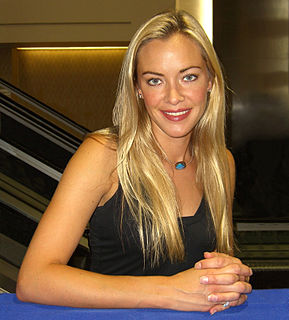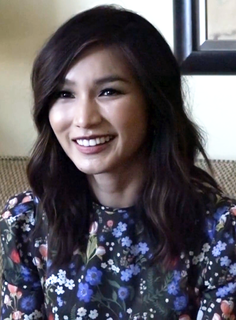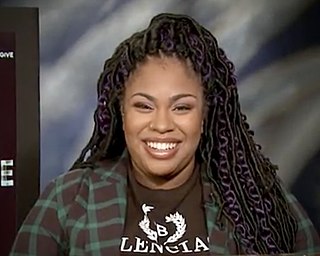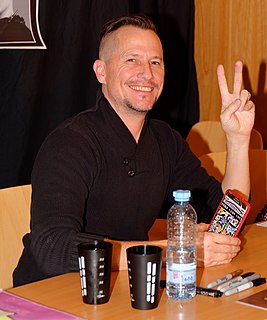A Quote by Kristanna Loken
Playing a robot is possibly the most difficult role you can have as an actor, because you have to take all your innate emotional responses and completely suppress them. Even the way you walk is affected.
Related Quotes
When an actor plays a scene exactly the way a director orders, it isn't acting. It's following instructions. Anyone with the physical qualifications can do that. So the director's task is just that – to direct, to point the way. Then the actor takes over. And he must be allowed the space, the freedom to express himself in the role. Without that space, an actor is no more than an unthinking robot with a chest-full of push-buttons.
I portray female characters, so I have the opportunity to change the way people look at them. Even if I wasn't consciously doing that, it would happen anyway just because of how I present as a woman, or as a person. I present in a way that's not stereotypical, even if I'm playing a stereotypical role.
When you're the only woman of color, and you walk into a room of people who don't look like you, most of them with blond hair and blue eyes, it's disheartening. The weirdest part is that I walk in and assume they think I'm auditioning to play a different role than them, but I'm going out for their same role.
I left things out - my motivations, my history, my emotional responses - because I am not good at understanding them or writing about them. I tried and it was generally boring and always unconvincing. Most importantly I wanted to try to place Afghans and Afghanistan in the foreground rather than my own character.



































